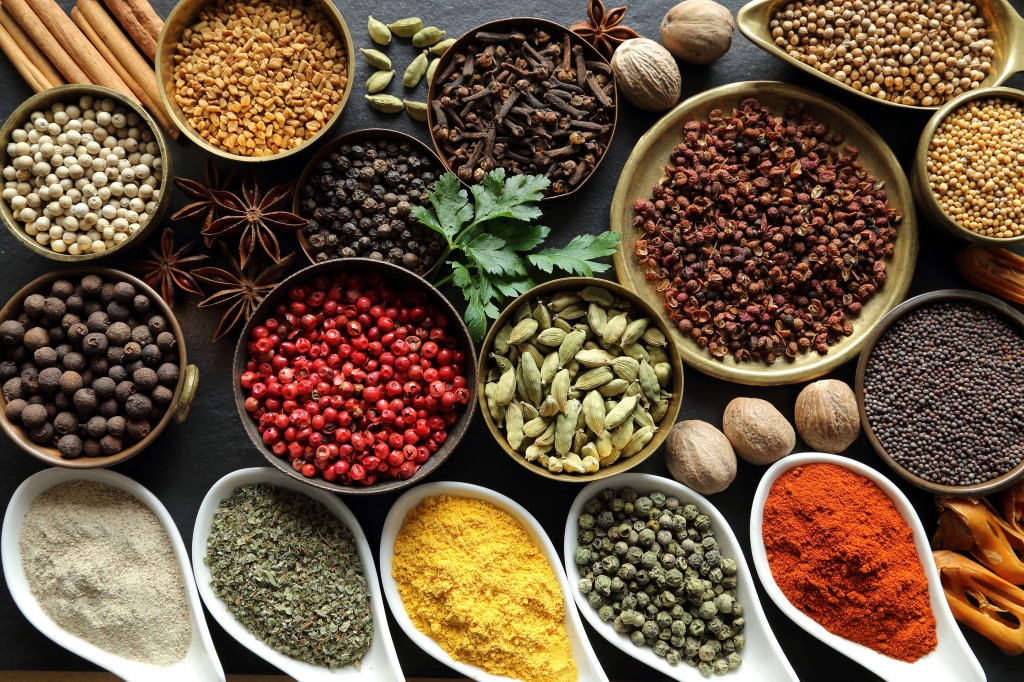- Make It Yourself Lavender Heart-Shaped Bath Bombs!
- 20 Things You Never Knew About “Down There”
- 12 Best Foods For Those Suffering From Arthritis Pain
- 12 Personal Hygiene Mistakes Almost Everyone Makes (Mom Never Told You About #4!)
- 15 Medicinal Plants And Herbs From The Cherokee People
- 12 Mind-Blowing Benefits Of Drinking Coconut Water During Pregnancy
- 12 Outstanding Winter Foods That Won’t Fatten You Up Like A Christmas Turkey
10 Spices That Do Everything From Preventing Heart Attacks To Killing Cancer

Photo credit: bigstock.com
When was the last time you checked out your spice rack? More than just adding a bit of pizazz to your food, some spices are unbelievably good for you! They can reduce inflammation, fight cancer, and improve your heart health, just to name a few things!
Spices can strengthen our bodies so that we more easily fight an invasion of toxins, bacteria, and even viruses. It might sound impossible that your humble spice rack can do so much, but it’s true!
Keep reading and find out which 10 spices can help you improve your health simply by adding them to your meals.
1. Saffron
Real saffron is one of the most expensive spices in the world because each of these “threads,” as they are called, must be carefully gathered by hand. This spice might very well be worth the price, however. Several studies have shown this spice to be super healing! One study found that saffron had the same antidepressant compounds as Prozac. Another study found that saffron increases blood flow to the brain, which improves memory and cognitive performance. Still another study found that saffron was very beneficial for the eyes, slowing or even reversing degenerative eye diseases.
2. Rosemary
Rosemary is so well known for improving cognitive performance and memory that as far back as ancient Greece, students wove it into their hair as they studied for exams. The major component in rosemary, carnosic acid, protects the brain from the damage that free radicals cause, which can lower the risk of Alzheimer’s and stroke. Rosemary has so many antioxidants that the American Association of Cancer Research linked this active ingredient with the inhibition of cancer cell growth. Please avoid rosemary if you are pregnant.
Continue to Page 2





























Gabe
Jun 13, 2016 at 11:26 am
Caution; Use Ceylon over Saigon cinnamon due to Saigon’s liver damaging properties. The Federal Institute for Risk Assessment concluded that you’d need to take about a gram per day — 1,000 milligrams — for six months or longer to be at risk.